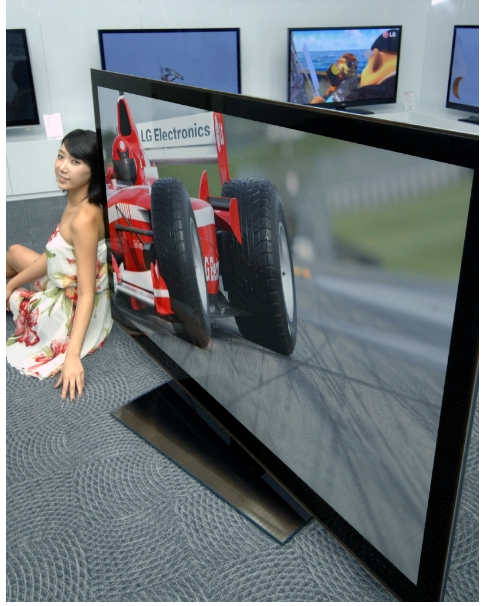 The Vermont Energy Company attracted a $260,000 seed investment a new SEC filing revealed to grow their environmental-minded gas station and convenience store business.
The Vermont Energy Company attracted a $260,000 seed investment a new SEC filing revealed to grow their environmental-minded gas station and convenience store business.
Currently, the company operates a flagship store and four-pump gas station in Burlington, Vermont. According to a company spokesperson, they hope to become a leading supplier of alternative fuels over time, and stock their shelves with sustainable items alongside select, traditional packaged goods.
The concept is simple— offer a sustainable alternative to 7-eleven or Mobil and other leading gas station and coveninece stores. The gas and convenience store industry in the U.S. is highly fragmented, but according to Hoovers research, reaches $200 billion in annual sales mainly selling gasoline.
The Vermont Energy Company, if it takes off massively, could become the go-to, roadside brand for drivers seeking grease diesel, or other advanced and clean fuels.
[UPDATE:] A co-founder of the Vermont Energy Company, Kevin Hartley, previously founded and sold a renewable energy startup, Green Mountain Energy, to BP in 2000. That business, he said, was the fastest to go from $0 to $100 million in revenue in the state of Vermont.
His co-founder and brother John Hartley, he says, is doing the operational work, and heavy lifting with their alternative convenience store and gas station business, while he stays focused on his day job as head of strategy at the Nasdaq-traded, Green Mountain Coffee Roasters. A leader in the specialty coffee industry, GMCR uses alternative energy in its operations. In 2009, for example, the company installed a solar rooftop array at their headquarters office in Waterbury, Vermont.
The Vermont Energy Company currently offers drivers of fuel-efficient cars a discount on plain old gasoline. Run under the name The Good Carma program, the discount is based on the miles-per-gallon ratings of customers’ vehciles. Such programs, if they became available nationally, could help encourage consumers to upgrade their rides to more fuel-efficient, if not zero emissions, electric vehicles.
Hartley describes the idea of Good Carma as the opposite of a volume discount. “Usually in a free market economy, the more you use, the lower the price. We’re not doing that usual thing. Our brand will reward efficiency with a lower price at the pump, and give a healthy, organic option for every item in the store. But the stores will be all about giving customers a choice.”
The Hartleys are also planning to donate 20% of their profits to renewable energy and efficiency causes down the line.